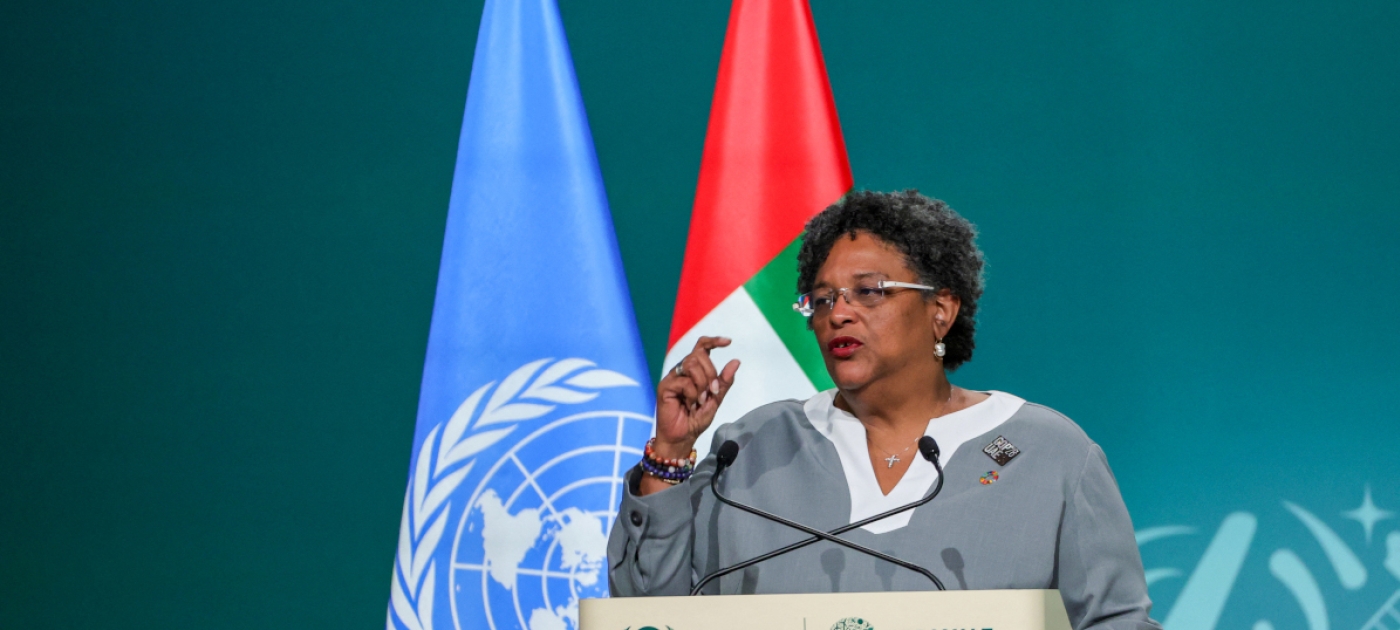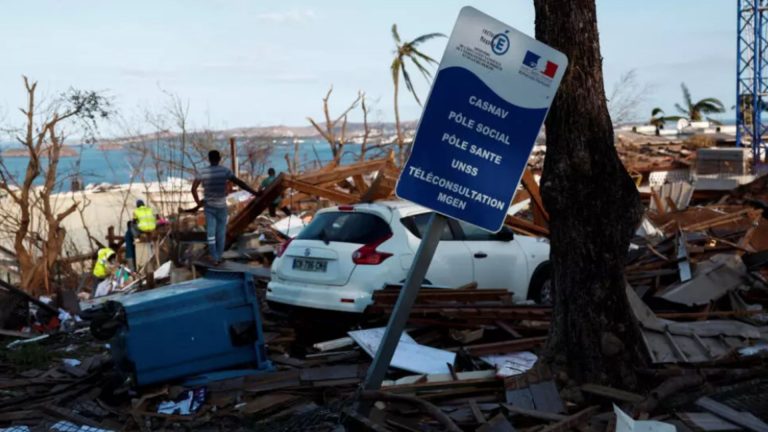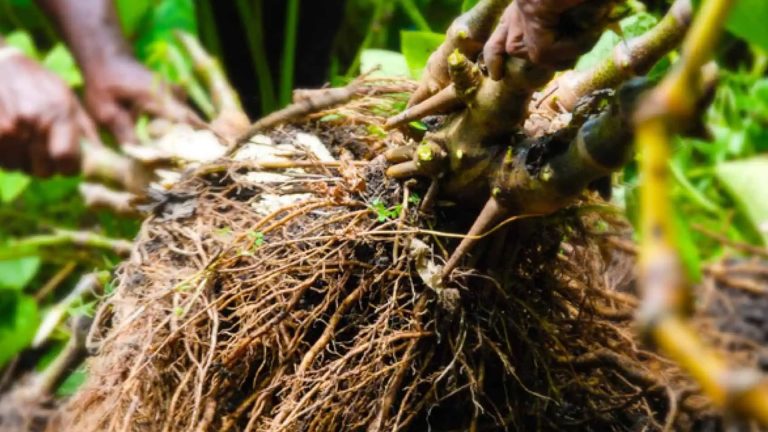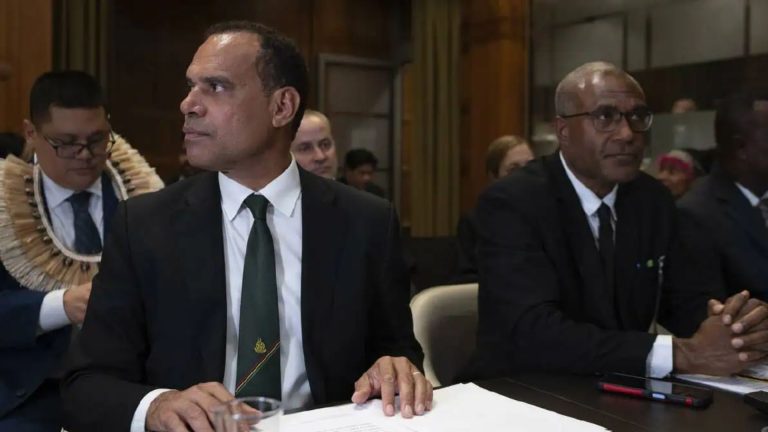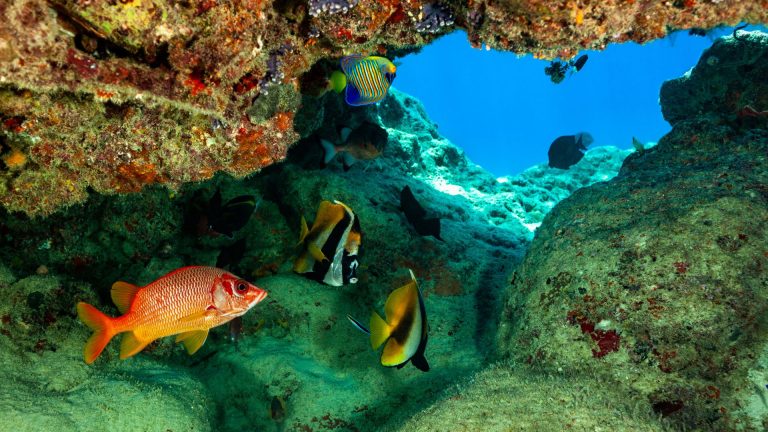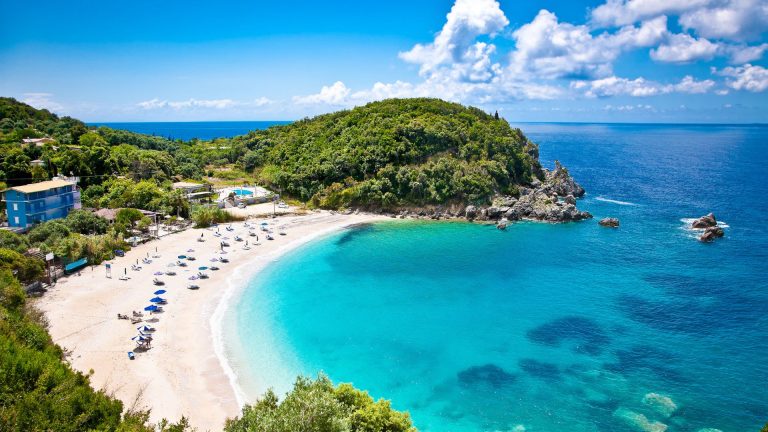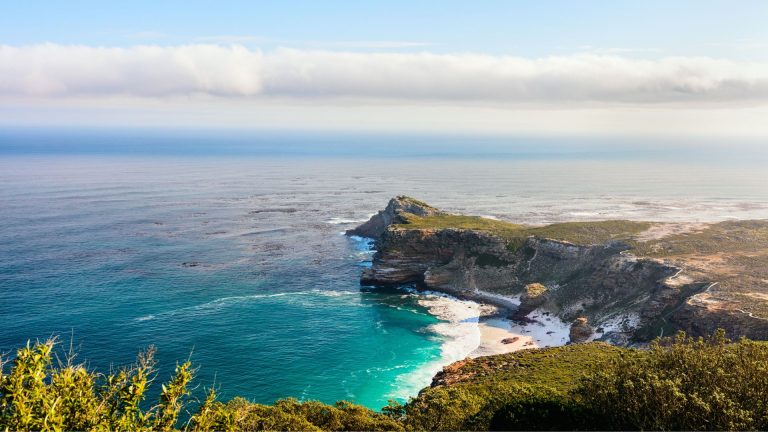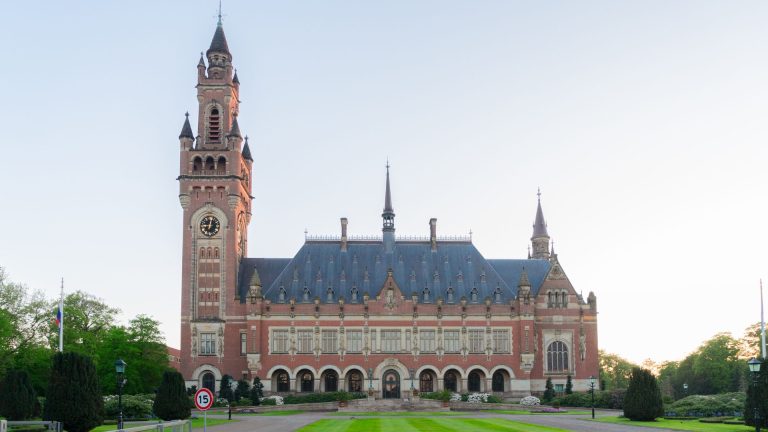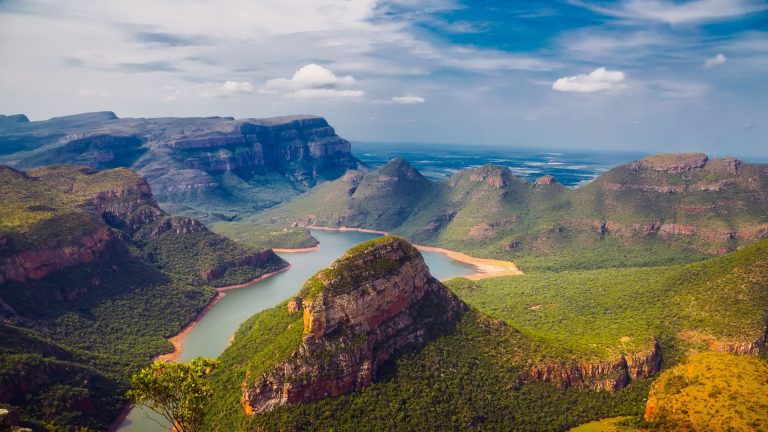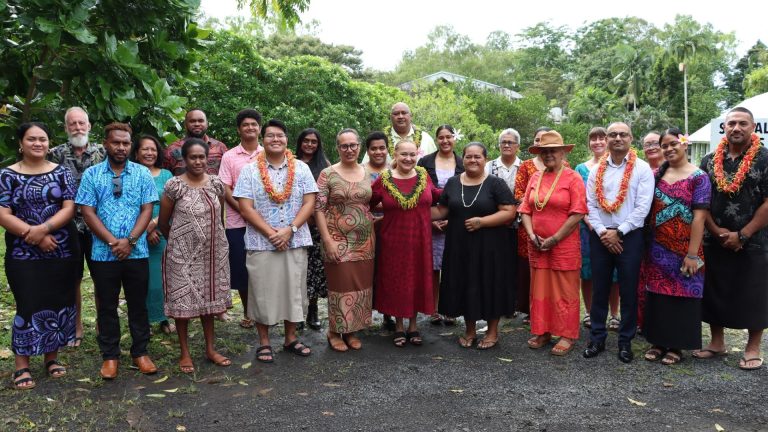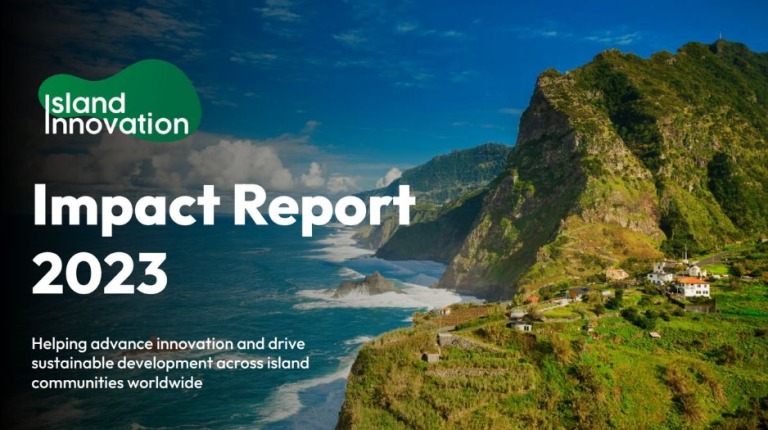Excerpt and Photo from unep.org
Barbados is one of the world’s most vulnerable countries to climate change. The nation of 280,000 people is in the heart of the Caribbean, a region where hurricanes, droughts and rising seas are expected to severely impact communities in the coming years. The recent passage of Hurricane Beryl, which devastated parts of the Caribbean, including Jamaica, is a prime example of those perils.
Barbados has launched an ambitious effort to adapt to an uncertain climate future. Called Roof to Reefs, it includes everything from reinforcing homes to buttressing critical infrastructure to protecting coastal and marine ecosystems. It focuses on integrated, home-grown solutions that build resilience to the climate crisis.
But like many small-island developing states, Barbados faces a debt crisis which makes investing in climate adaptation challenging.
That dilemma has led the country to spearhead the Bridgetown Initiative. Named after Barbados’ capital, it proposes a radical rethinking of the global financial system, calling for a combination of debt relief, new lending and private sector investments in vulnerable developing countries, which would use the money explicitly to prepare for the effects of climate change.

